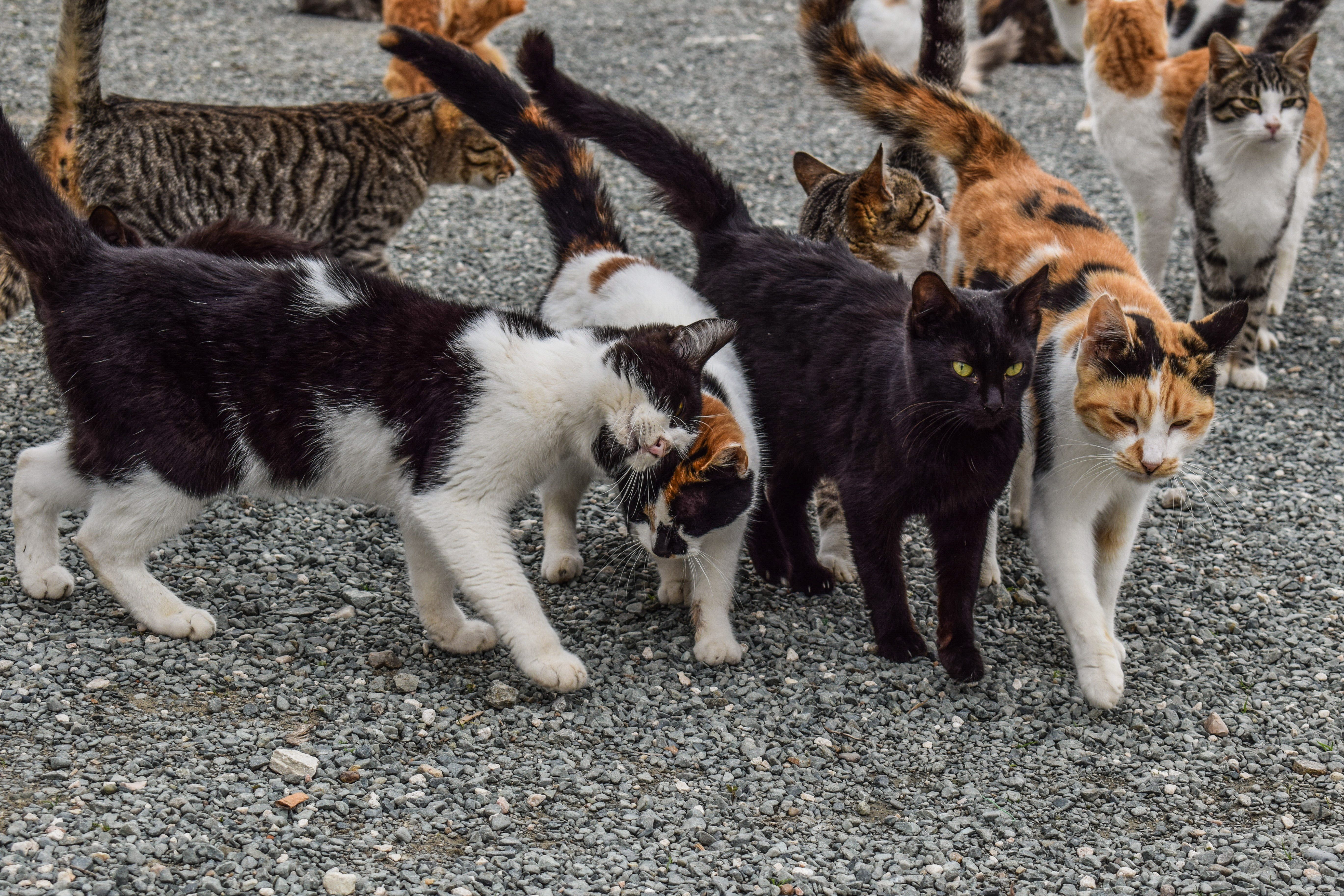Complete the sentence: Montessorians are ____________________.
Have you ever pondered how many completely different, absolutely accurate ways there are to complete that sentence (…some more irreverent than others…)? I suspect that there are as many ways to finish that thought as there are days in a teacher’s career!
One way to complete the sentence is this: Montessorians are dedicated to continuous improvement. We constantly observe and assess, looking for ways that we can improve our process and consequently enhance our classroom climate, our lessons, children’s internalization, or some other aspect of our practice. But wait! We are also striving to more authentically implement The Method that Dr. Montessori gave us 100 years ago. Are these two ideals, continuous improvement and adherence to The Montessori Method, incongruous? With 100 years of history, shouldn’t we have mastered implementation by now?
I hope not! Montessori described the classroom as a livinglaboratory where we develop well-informed hypotheses about what children need, provide a lesson/material/activity to meet that need, observe the results, and then draw conclusions that inform our next hypothesis. If we convince ourselves that we have sufficiently mastered Montessori implementation, we are likely become complacent; our practice will become dull, lock-step, and unresponsive to the changing needs of the children. We will stop trying new things, because they present a risk of failure.
To the contrary, I hope that we celebrate occasions when we are surprised or perplexed, even those that upset our plans or inconvenience us. I also hope that we do not transform children’s occasional unusual choices, setbacks, or puzzles into personal or professional failures. At those times, we need to access our inner scientist to reflect and modify our hypothesis and a new plan. In short, I hope that we are able to adopt a growth mindset with respect to our own practice, just like the mindset we try to cultivate in the children.
Montessori herself said, “It is well to cultivate a friendly feeling towards error, to treat it as a companion inseparable from our lives, as something having a purpose, which it truly has.” This attitude is just as important in dealing with our own process errors as we do when dealing with the children’s. But that is not always easy. Sometimes, our fear precludes that growth mindset. Fear might arise from concerns about meeting standards, from concerns about how my class’ behavior is seen in relation to other classrooms’, or from concerns about lessons or individual children not progressing as expected. We start asking questions like, “Why isn’t my class normalized yet?” or, “Why is there so little work being completed – what’s wrong with the planner?” In our fear and frustration, we effectively take ourselves out of the game. We miss the clues that the child is giving us about how to improve our process and result.
It is important for us as Montessori teachers to acknowledge that what we do some days bears a striking resemblance to herding cats. Sometimes every child’s needs are met and all are happily engaged in activity that grows their mind, body and/or spirit. At other times, the class seems to be populated exclusively by wanderers, disruptors, social butterflies, social pot-stirrers, and work-avoiders. The key to success is found in how we respond to those less-desirable times. It is natural to experience some level of self-doubt or Montessori-doubt. Being a successful Montessorian is not about making all of the right choices, providing all the right lessons and experiences, saying all the right words. It is about making our best guess and observing the result through the eyes of compassion and faith in the child. It is about having the humility to occasionally say, “Well THAT didn’t work so well. Who can I ask to help me process what I am seeing? Who would help me be a better observer?”
Reflection for Adults Call to mind the last thing you tried with an individual child or with the class that had a disappointing outcome. Ask yourself these questions:
- What emotions did you experience at the time?
- Did it feel like an occasion of personal/professional failure, a failure of the child, or a learning opportunity?
- If it felt like a failure (yours or the child’s) how can you reframe the experience to see it as a learning opportunity? Are there tools or skills that would help you in this? How would your response/next steps change with this new view of the occasion?
- What steps can you take to systemically treat yourself more gently by developing a growth mindset towards your classroom practices? Would you enjoy having someone mentor you in this effort and, if so, who would be a good mentor? Are these steps that you can share with the children so that you are also modeling converting to a growth mindset?
Reflection for children In what areas of classroom life do you feel as though you are really growing? These might be academic (like reading), social (like making/keeping friends), and/or physical (like being able to get all the way across the monkey bars without touching down). What do you think is contributing to your success?
In what areas of classroom life do you feel like you aren’t quite where you would like to be yet? What are you doing to build those skills right now? Are there areas where you don’t seem to have a strategy for building the skills that you want to develop? Who could help you develop a strategy to achieve your vision?
Talk to yourself like you would to someone you love.
Brene Brown

